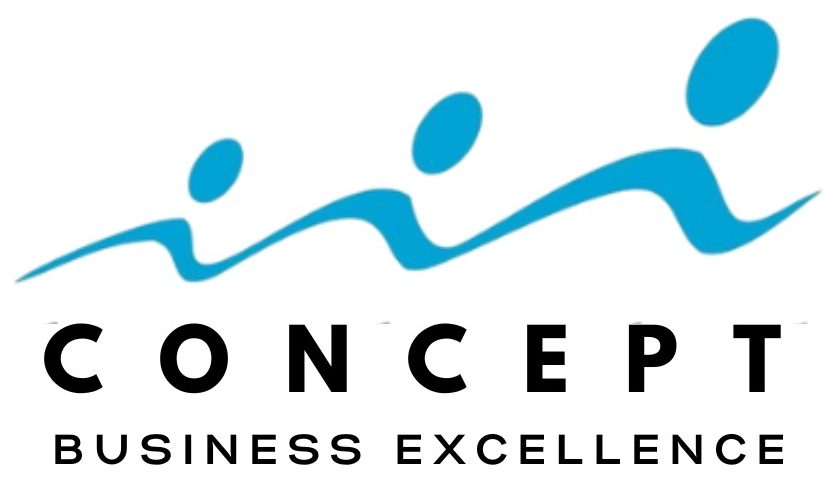Are you looking to advance your career and stand out from the crowd? Then you may want to consider becoming a Six Sigma Black Belt. This certification can not only increase your knowledge and skills but also boost your earning potential and career opportunities.
What is Six Sigma Black Belt?
Six Sigma is a data-driven approach to process improvement that aims to eliminate defects and minimise variability. A Six Sigma Black Belt is an expert in this methodology and has the ability to lead complex improvement projects, train and mentor team members, and provide statistical analysis.

Prior to pursuing a Black Belt, you must obtain a Six Sigma Green Belt certification. This will ensure you have a strong foundation in Six Sigma principles, methodologies, and tools.
To become a Six Sigma Black Belt, you must complete a rigorous training and certification process. The duration of this process may vary depending on the organisation or program you choose, but it typically includes classroom training, hands-on experience, and passing an exam.
To excel in this role, you must possess a specific skillset that includes leadership, project management, analytical thinking, problem-solving, and communication.
Why become a Six Sigma Black Belt?
There are numerous advantages to becoming a Six Sigma Black Belt. One of the most significant benefits is that it can enhance your career opportunities. This certification is highly regarded in many industries, including manufacturing, healthcare, finance, and technology. Having a Six Sigma Black Belt on your resume can make you stand out among other candidates and increase your chances of getting hired or promoted. In addition, a Six Sigma Black Belt certification can also lead to a salary increment.
How to become a Six Sigma Black Belt?
To become a Six Sigma Black Belt, you must follow a specific certification process. The first step is to determine the eligibility criteria for the program you wish to enroll in. Typically, you need to have some work experience and knowledge of basic statistical tools and concepts.
The next step is to choose a certification program that aligns with your career goals and interests. Once you have selected a program, you must complete the required training and pass the certification exam. The exam may cover topics such as statistical process control, hypothesis testing, design of experiments, and project management.
Tips for Six Sigma Black Belt Certification
To succeed in Six Sigma Black Belt certification, you need to invest time and effort into studying and practising. Here are some tips to help you prepare for the exam:
- Emphasise self-study: Supplement your classroom training with self-study materials such as books, articles, and online resources. This will help you gain a deeper understanding of the Six Sigma methodology and concepts.
- Take practice tests: Practice tests can help you identify your strengths and
- weaknesses and prepare you for the actual exam. Many certification programs offer practice tests, or you can find them online.
- Network with other Six Sigma professionals: Joining professional associations and attending networking events can help you learn from others and stay up-to-date on industry trends and best practices.
Challenges in Six Sigma Black Belt Certification
Like any certification, becoming a Six Sigma Black Belt can come with its challenges. Some common obstacles include:
- Complexity: The Six Sigma methodology is complex and requires a deep understanding of statistical concepts, which may be difficult for some people to grasp.
- Resistance to change: Implementing process improvements can be met with resistance from team members or stakeholders who are comfortable with the status quo.
To overcome these challenges, you can try strategies such as time management techniques, breaking down complex concepts into smaller, more manageable parts, and communication and persuasion skills to gain buy-in from team members and stakeholders.
Resources;
Becoming a Six Sigma Black Belt can be a significant step in advancing your career and achieving your professional goals. By completing the rigorous certification process and developing your skills in leadership, project management, and statistical analysis, you can stand out from the crowd and enhance your career opportunities.


